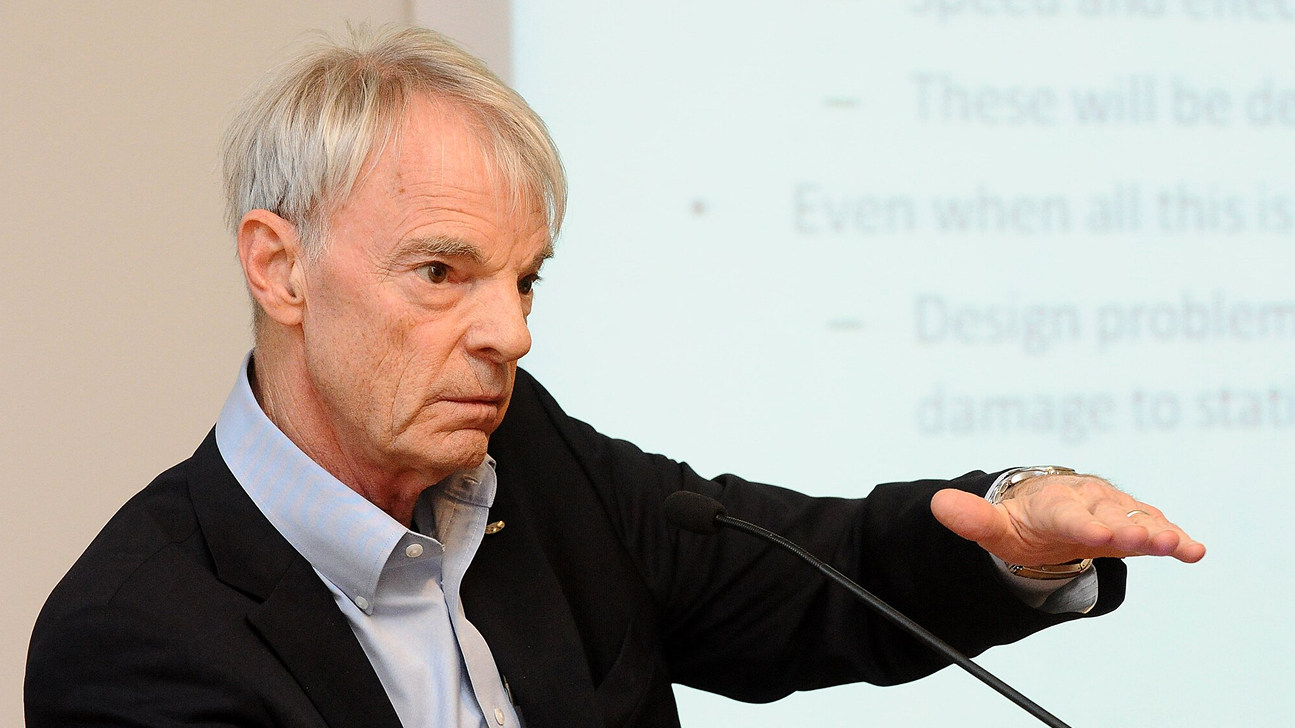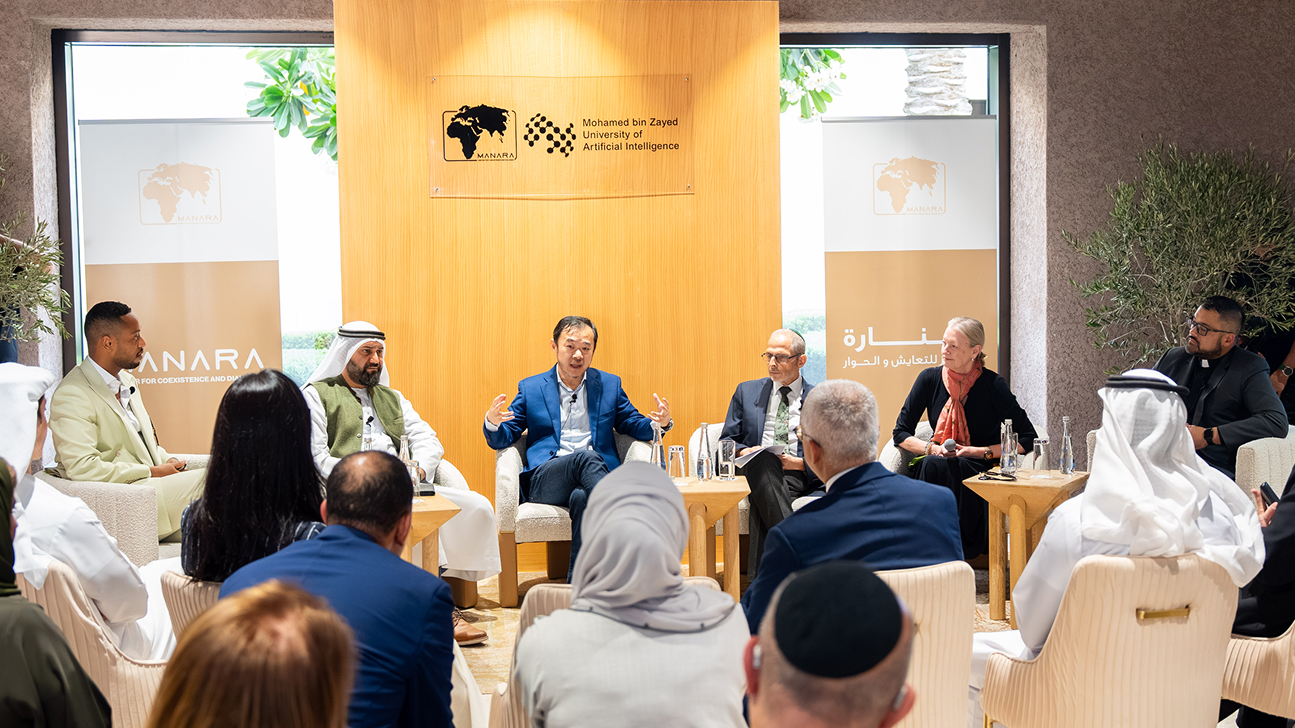Generative Artificial Intelligence in RNA Biology
Tuesday, November 19, 2024
Generative AI (GenAI) plays a pivotal role in enhancing classification tasks through data augmentation. This hot topic technique could be a powerful tool to apply to biology problems and bring a new dimension to the analysis of biological data. Our idea is to employ GenAI to face problems where datasets are often limited and just a tiny sample is available. In this case, we use the mirtrons dataset from mirtronDB (http://mirtrondb.cp.utfpr.edu.br/) [1]. Mirtrons are a subclass of pre-miRNAs encoded by a non-canonical pathway independent of the Drosha enzyme using splicing machinery for first cleavage. Despite the biogenic similarities between miRNAs and mirtrons, their characterization and comparison can provide a novel perspective on their regulatory roles. Within mirtron data, we develop generative models, such as Generative Adversarial Networks (GANs), to create synthetic data that closely mimics the characteristics of real-world samples. The idea is to create diverse variations of existing biological data, facilitating more comprehensive training of machine learning models. Next, we use it to produce more extensive and varied datasets and contribute to developing more accurate and adaptable models (tools). Our results show that we have improved the state-of-the-art tools for mirtron identification. A second class of problem we will apply using hot-topic AI techniques is the use of Large Language Models (LLM). These models are primarily used for natural language understanding and generation tasks, enabling machines to comprehend and produce human-like text. In summary, to understand text information. We expect to apply these novel approaches in sequence and structure biology to predict unknown patterns in the RFI problems (e.g., protein, nanobodies, interactions).
Post Talk Link: Click Here
Passcode: d6#luA+9
Speaker/s
Biological Data Science Group
Group Leader at the Artificial Intelligence and Informatics team
The Rosalind Franklin Institute
Dr. Alexandre Paschoal is a Group Leader in Artificial Intelligence and Informatics at the Rosalind Franklin Institute and concurrently serves as an Associate Professor at the Federal University of Technology – Parana (UTFPR), Brazil. Having earned his Ph.D. in Bioinformatics from the University of São Paulo in 2012 in Brazil.
My Lab is committed to interdisciplinary research, focusing on building cut-edge AI techniques to translate biological data into actionable knowledge utilizing principles from bioinformatics. My vision involves contributions to link fields between data science and life/biological sciences to extract insights to guide decision-making. This will enhance our understanding of biological systems through ambitious AI approaches and advanced data analysis methods. The biological application lies into noncoding regions like noncoding RNAs and transposable elements.
Links:
https://www.rfi.ac.uk/people/dr-alexandre-paschoal/
https://scholar.google.com/citations?hl=pt-BR&user=hQUUTo4AAAAJ&view_op=list_works&sortby=pubdate
Related
Nobel Laureate Michael Spence on how AI is redefining the global economy
Nobel Prize-winning economist Michael Spence explains how AI is reshaping the economic landscape and what is needed.....
- digital policy ,
- governance ,
- Nobel Prize ,
- guest talk ,
- guest lecture ,
- economics ,
- Economy ,
- Undergraduate ,
Understanding faith in the age of AI
MBZUAI hosted a panel discussion in collaboration with the Manara Center for Coexistence and Dialogue focused on.....
- connection ,
- discussion ,
- religion ,
- spirituality ,
- faith ,
- conversation ,
- panel ,
- Human–computer interaction ,

